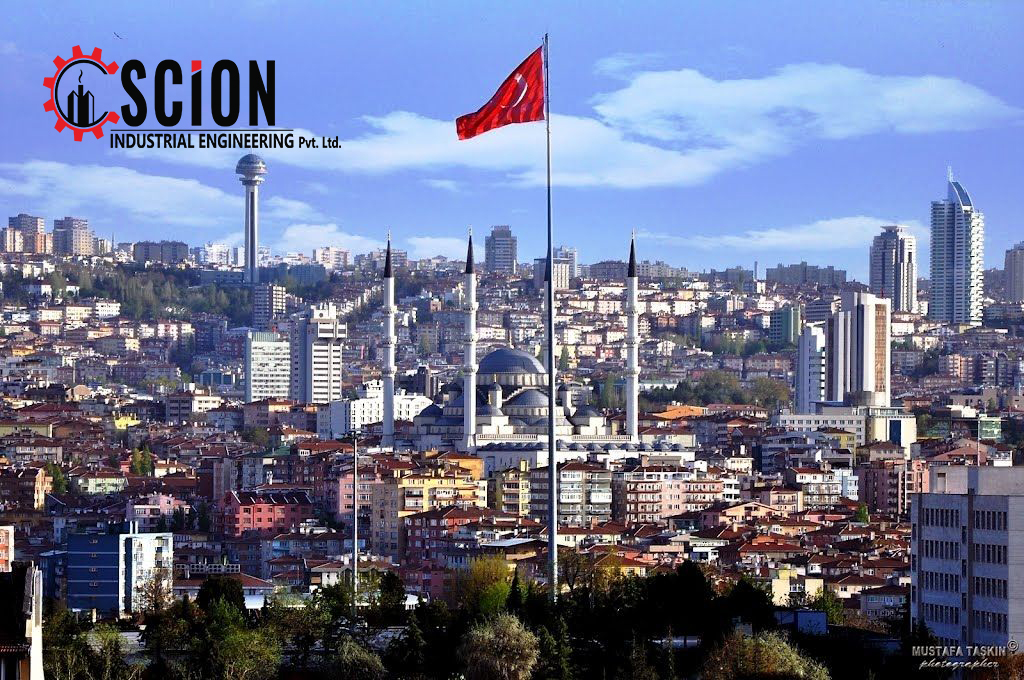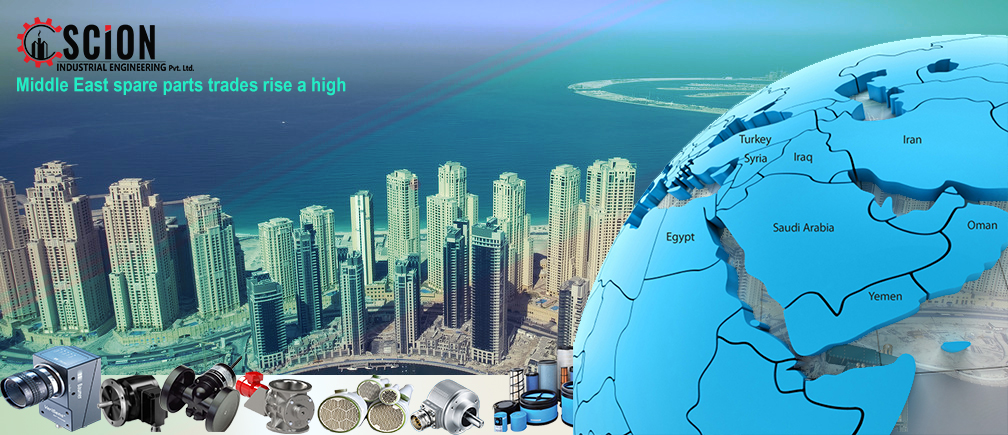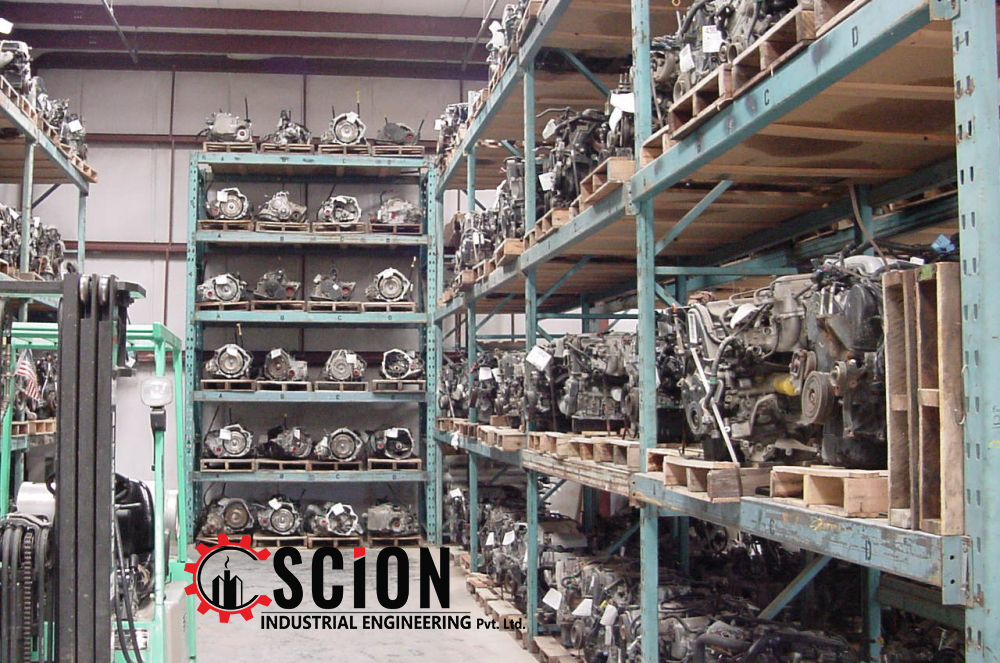The global logistics market is expected to reach $15.5 trillion in revenue by 2024, while investments in industrial and retail projects lead to a spur in the domestic logistics industry, according to a recent report by Al Masah Capital, a leader in investments and market analysis.
In terms of volume, the global transportation and logistics (T&L) industry is expected to reach 92.1 billion tonnes by 2024, said the report.
The report also mentioned that the global third party logistics (3PL) market is expected to grow at a compound annual growth rate (CAGR) of more than 5 per cent by 2020, it added.
Factors such as the rapid globalisation, increasing trade volume, and the revival of the global economy are some of the major contributing factors to the growth of the 3PL market. The growth of integrators will increase demand for contract logistics services and will significantly contribute to the growth of the industry.
Highlighting T&L’s role play in international trade, the report revealed that; robust trade, economic growth, and liberalisation policies followed by many countries worldwide have resulted in increased trade volumes, thus ensuing increase in transportation, handling and warehousing needs, which has led to a demand for integrated logistics solutions.
Increased globalisation in manufacturing and other technological advancements has made companies focus more on core activities, and thus logistics activities have been outsourced as a cost-effective solution.
Putting the spotlight on Middle East and North Africa‘s (Mena) strategic location, Al Masah reviewed Dubai’s favourable position for international T&L.
Dubai possesses well established and modern facilities including free trade zones and a local marine terminal operation considered one of the largest in the world. Most companies find that the region offers a range of benefits for their regional and international operations.
The rising exports and imports drove the supply chain and logistics market and the Middle East, led by the UAE, to become one of the most important hubs in the changing global trade lanes. Thus, overall, as Mena countries pursue political transformation and economic diversification, transportation and logistics investment is the cornerstone to its future growth.
Revealing interesting facts about the Mena region, the report cited that region has trade relations with almost every country/region across the globe. It exports hydrocarbons and hydrocarbon-related products that are in great demand, and meets a large part of its food requirement through imports.
Data from the WTO suggests that Mena engages in maximum merchandise trade with Asia (55 per cent of all exports and imports), followed by Europe (31 per cent), and North America (8 per cent). Others like the CIS and South/Central America account for the remaining 6 per cent share.
The Mena countries also lead in sea and air trade routes with the UAE and Saudi Arabia ranking among ‘Top 10 Air Freight Lanes’ globally. Although the region has a diversified network of air, sea and road transport, the bulk of economic activity is skewed toward maritime transport.
The region has total of 134 Sea ports handling a total of 48.3 million TEUs of container traffic. Of these, the GCC has nearly 41 ports (35 major ports) which together handle 68 per cent of Mena container port traffic. Besides sea transport, the region has 114 international and domestic airports of which 43 airports are located within GCC.
The Middle East has also acted as a refuelling point for air freight carriers and shipping lines moving between Europe and Asia for many years which led to the creation of hub and spoke operations in the region.
GCC has further built on modern warehouses and transportation infrastructure, developed free zones, adopted ‘open skies’ policies, simplified customs procedures and has strengthened its anti-corruption measures in order to boost its non-oil economy.
Most notably, an increasing number of manufacturers are establishing their distribution facilities at hubs such as the Jebel Ali Free Zone in Dubai, from where they have been efficiently supplying a growing consumer market across the region.
Within the region, the UAE and Saudi Arabia are the most attractive targets for logistics investments and easiest markets to operate. Other Mena countries, particularly those in the GCC, such as Qatar, Oman, Kuwait and Bahrain, along with Morocco, Jordan are also emerging as potential investment destinations. 34 free trade zones, non-existent corporation tax and the offer of full ownership, coupled with unlimited repatriation of profits, makes the UAE a highly appealing business environment for producers and manufacturers alike, as well as to logistics service providers.
The growth of T&L in Mena is being driven by government initiatives toward economic diversification from energy-based industries to expansion into other commercial sectors such as trade, export, import and tourism.
Source:http://www.tradearabia.com/news/IND_320027.html



